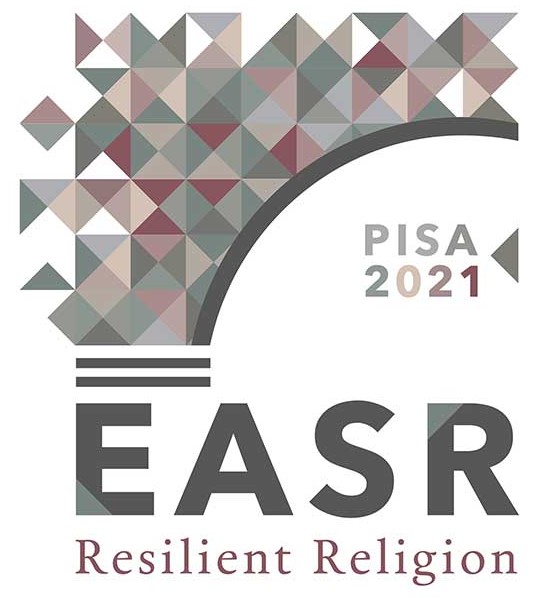Religion as resource of resilience – diachronic and interdisciplinary perspectives
Why does religion often take center stage when societies and individuals think of resilience and resilient strategies in times of crisis, individual or global catastrophes, and significant (and negative) changes in humans’ lives? Religion and religious practices of any kind seem to offer tool kits how to act or re-act resiliently: They set a structural frame of organizing relationships to co-humans, to supporting transcendent beings or to nature; at the same time religions are always in the state of transformation due to their manifold expressions and rituals. Both, stability and adaptability make religions as such a resilient strategy. However, several issues of religion and resilience remain unclear: i) How exactly can religious practices, expressions and agents function as a resource of resilience? ii) How can societies, communities and groups act resiliently or be resilient: is it the sum of individual resilience or is there an collective resilient behaviour? iii) How are shaken relations and links to co-humans, to the environment or to supra-natural beings re-established or transformed?; and iv) How can resilience in relation to religion be conceptualized, since it was transferred from economics to environmental studies and recently to psychology for describing behaviour of individuals in situations of problems such as illness, stress and loss? The panel seeks to find answers to these questions from interdisciplinary and diachronic perspectives (religious studies, theology, archaeology, anthropology, sociology) and clarify the functioning of religion as source of resilience in situations of uncertainty, contingency, or crisis on a collective level. Contributors are asked to discuss examples from various cultural settings and different historical periods that shed light of fields of practices from daily routines such as prayers or text-readings to religiously framed large-scale rituals for expiations, thanksgivings, or victories. They should reflect on the relation of individual and collective strategies in crises expressed in religious practices and inquire the theoretical framings of how religion functions as resource of resilience. Particular historical situations as well as global societal challenges are as interesting as what remains of the resilient strategies and how traditions and power relations may have changed when a crisis is over.
This is planned as a double session with 4 predefincd speakers (Rafael Barroso, Sára Heidl, Manuel Moser, Anna-Katharina Rieger) and 4 selected through an open call.
Anna-Katharina Rieger: anna.rieger@uni-graz.at
